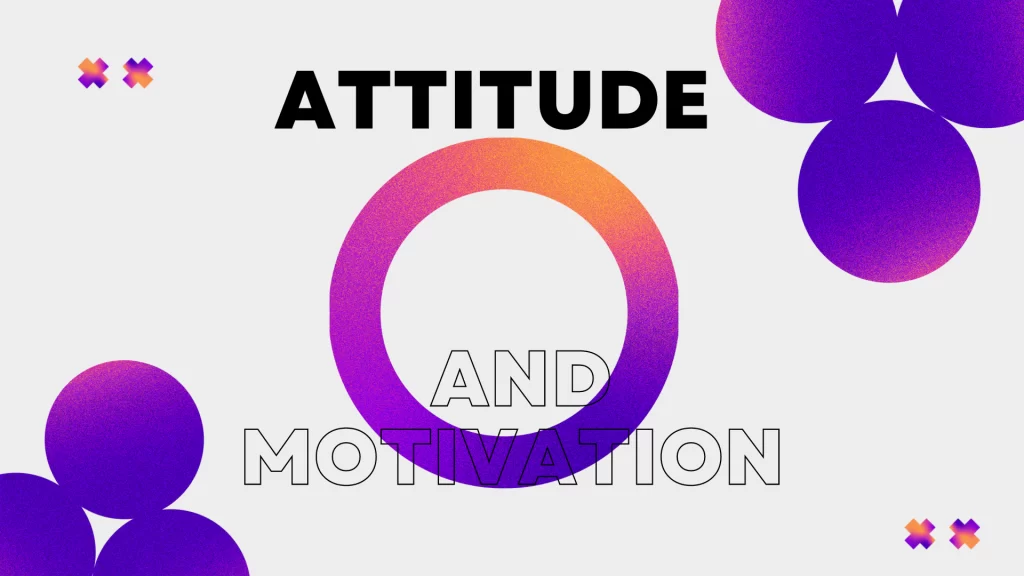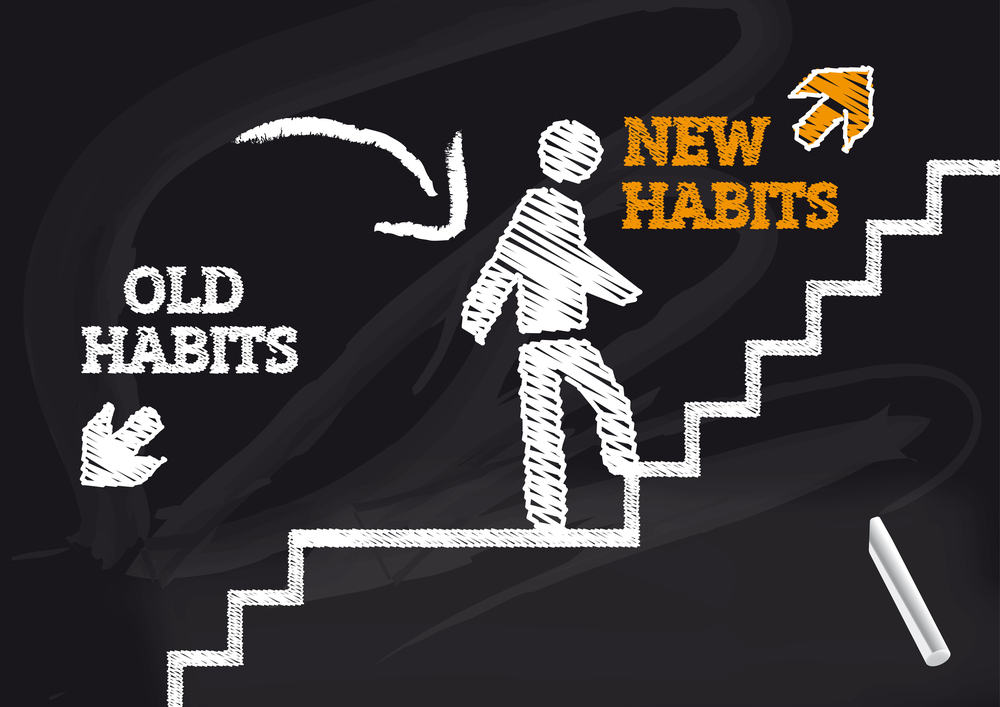 Journaling to better manage your emotions and improve your self-awareness. Write a diary to reflect on your emotions, feelings, and moods to improve your Mental Health.
Journaling to better manage your emotions and improve your self-awareness. Write a diary to reflect on your emotions, feelings, and moods to improve your Mental Health.
All day long we express or suppress our emotions. When these emotions are negative at the end of the day, we feel exhausted, nervous, frustrated. We feel that we are going to explode. Does this sounds familiar to you?
These emotions could turn into moods, could reflect on our work, on the communication with our family and friends, on our health. That is why it is very important to find a way to deal with them. Journaling is one of the ways.
Does journaling help deal with emotions?
The short answer is – Yes!
When you journal your emotions, you express them which is a way to release them. And yes, while you are shouting, or crying, or offend someone, event fight with someone you express them, too, but in an unproductive way. We mentioned that some people don’t express their emotions. They have their reasons not to. Usually it is because they are afraid to, they think is better not to, or can’t express them etc. Not expressing emotions is also a bad way to deal with your them. This could damage your health, both mental and physical.
Can journaling release emotions?
Yes, it can!
Once you start to write, the releasing of emotion begins. Writing down your emotion helps you to express it, to unleash it, to release it in a productive way. Journaling your emotions helps you to reflect on them, to better understand them. You can track the emotion to the source, you can work to manage it. So before to ask “Is journaling a coping mechanism?” – the answer again is – Yes, it is.
What is the difference between emotional journal, mood journal and feelings journal?
Difference in the journals is in the difference between the feelings, emotions, and moods. Feelings are conscious representation of our emotions. For example, if we experience fear as an emotion this could result in feeling anxiety or anger. Emotions are strong but they last for a moment or a few minutes. Moods lasts longer, usually if we can’t deal with the negative emotions, they become moods and could be expressed as feelings such as stress, depression, anxiety etc. That is why it is important to focus on our negative emotions and prevent them from turning into moods.
Why is journaling good for mental health?
Journaling is good for your mental health, because as we already said, journaling helps you to copy with emotions by expressing them, reflect on them, understanding them and deal with them which prevents your negative emotions to turn into feelings and moods.
Journal about management of your emotions or how to journal for mental health
Here are some questions that you can use while journaling that will help you to reflect on your emotions and to work with them.
- Write down your emotions and thoughts?
- Describe the situation, how you feel about it, who was involved, what happened?
- What triggered your reaction.
- What are your takeaways from this situation?
- How do you want to react next time
- What can you do to react the way you want?
Is the feelings journal for adults only?
As we already said is good to journalise emotions rather than feelings and moods, but in general the answer is no – it’s not only for adults. Journaling of emotions, thoughts, feelings, moods is for everyone and could be very useful for the teenagers, too.
Journal writing, when it becomes a ritual for transformation, is not only life-changing but life-expanding.
Jen Williamson

